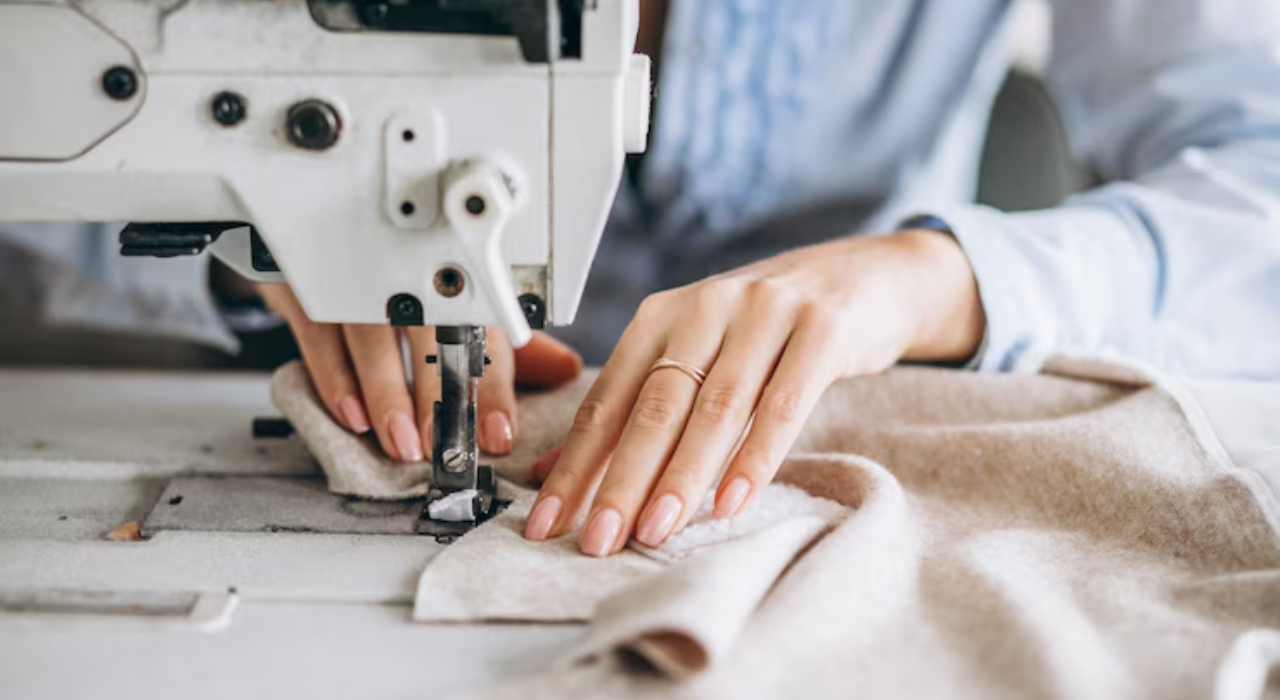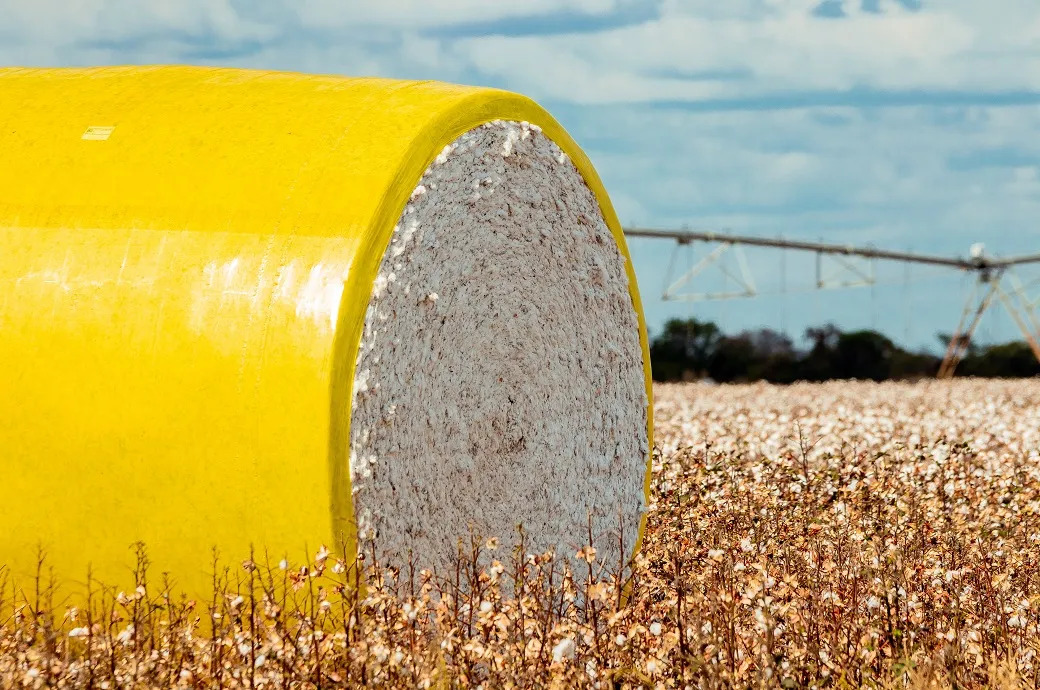Day 1 of the Asia-Pacific Textile & Apparel Supply Chain Expo (APTEXPO 2025) in Singapore redefined the future of fashion sourcing, shifting the industry’s narrative from low-cost labor to sustainable compliance and technology integration. With major buyers like Nike, Lululemon, and VF Corporation driving attendance, the immediate challenge is re-engineering supply networks to be resilient and fully traceable.
Circularity demands reshaping partnerships
The pivotal issue remains environmental accountability. As the global secondhand apparel market is forecasted to grow five times faster than the primary sector, pressure is mounting on Asian manufacturers to embrace circularity. Sharon Lim, President of the Singapore Fashion Council, emphasized the urgent need for verifiable sustainability, stating, “Greenwashing is no longer an option.” Exhibitors like NicheTech Advanced Materials are showcasing bio-based and recycled performance textiles, transforming traditional supplier relationships into deep-rooted sustainability partnerships—a key challenge for Asia’s manufacturing base.
Performance & decentralized growth
The event highlighted the booming specialized apparel segment at the Sports & Outdoor Fashion Forum. Brands like Lululemon, known for its strong athleisure market position and double-digit annual revenue increase, are driving demand for functional, high-performance, and sustainable materials. This retail initiative supports the broader plan for decentralized manufacturing models, a strategy aimed at mitigating supply chain risks (cited as a challenge by 56% of fashion executives in a recent report) and boosting efficiency across the region.












